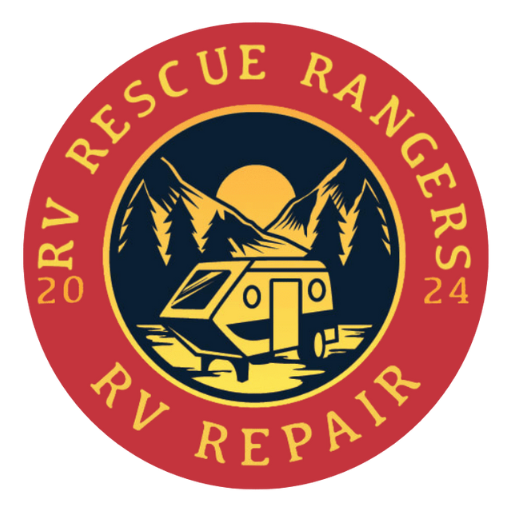Electricity keeps your RV feeling like home — powering your lights, appliances, air conditioner, and entertainment systems. But when something goes wrong, it can leave you in the dark (literally).
At RV Rescue Rangers LLC, we’ve seen just about every electrical issue imaginable — from blown fuses to melted connections — and most can be prevented with routine checks and proper care. Here are the most common RV electrical problems and how to keep your system running safely and efficiently.
---
🔋 1. Low or Fluctuating Voltage
Many RV parks have inconsistent power, especially during peak season when everyone’s running their A/C. Low voltage can damage appliances, air conditioners, and microwaves over time.
Symptoms:
Lights dimming or flickering
A/C compressor struggling to start
Electronics cutting off unexpectedly
Prevention Tip:
Use an RV surge protector or EMS (Electrical Management System). It automatically shuts down power if voltage drops too low or spikes too high, protecting your entire RV.
---
⚙️ 2. Blown Fuses and Tripped Breakers
This is one of the most common issues in RVs. Overloaded circuits, short circuits, or faulty appliances can trip your breakers or blow fuses.
Symptoms:
No power to one or more outlets
Breaker switch won’t reset
Burnt smell near the fuse box
Prevention Tip:
Don’t overload circuits — spread high-draw items like microwaves and hair dryers across different outlets. Replace fuses only with the same amperage rating.
---
💡 3. Battery Problems
Your 12-volt battery system powers interior lights, fans, and water pumps when not plugged into shore power. If the battery isn’t charging properly, many systems will fail to operate.
Symptoms:
Lights dim when unplugged
Slide-outs or jacks move slowly
Batteries constantly reading low voltage
Prevention Tip:
Check and clean your battery terminals regularly. Make sure your converter is charging properly when plugged in, and replace old or weak batteries before they fail completely.
---
🔌 4. Faulty Outlets or GFCI Trips
GFCI (Ground Fault Circuit Interrupter) outlets protect you from shock, but they can trip easily if exposed to moisture or bad connections.
Symptoms:
Bathroom or kitchen outlets not working
GFCI won’t reset
Power loss in multiple outlets
Prevention Tip:
Keep outlets dry and periodically test GFCI buttons. If one outlet trips, remember it can affect several others in the same circuit.
---
🧯 5. Converter or Inverter Failures
Your converter changes 120V AC power into 12V DC power, while an inverter does the reverse. When one fails, it can cause flickering lights or dead batteries even when plugged in.
Symptoms:
Batteries not charging while on shore power
Interior lights flicker or dim
Electronics don’t power on when unplugged
Prevention Tip:
Listen for the converter fan running — silence can indicate failure. Keep vents clear and never overload the inverter with high-draw devices.
---
🔥 6. Burnt or Loose Connections
Vibration and heat cause wiring to loosen over time, leading to arcing, melted connectors, or even fire hazards.
Symptoms:
Burnt smell near outlets or panels
Scorch marks around plugs
Power intermittently cutting off
Prevention Tip:
Have a certified RV technician inspect your electrical panel and shore power cord annually. Catching a loose wire early can save your RV — and your safety.
---
🧰 Final Thoughts
Most RV electrical issues start small and grow into big (and expensive) problems. A quick inspection or tune-up can make all the difference.
Whether it’s a tripped breaker, dead battery, or major short circuit — the RV Rescue Rangers are here to help keep your adventures powered up.
💻 Book your electrical service online: www.thervrescuerangers.com
📞 Call us: 830-387-9572
Veteran-Owned • Woman-Owned • Trusted & Ethical Service
“Rescuing Your Journey, One RV at a Time.”

